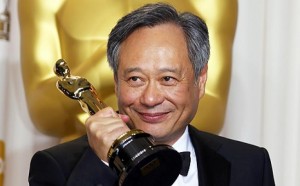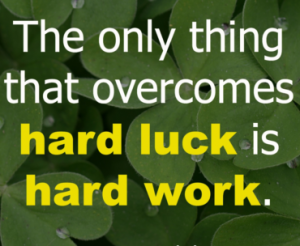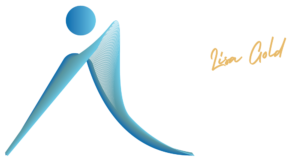5 Reasons Networking Isn’t Working for You
You hear and read repeatedly that networking is one of the best ways to grow your acting business not only from me but, well, everyone! It's true and I have created many such networking opportunities/events over the years for actors to practice this essential skill.
However, sometimes even when you try, the time you spend on it doesn’t lead anywhere. Makes you wonder if everyone is lying (not me, of course!) or you’re doing something terribly wrong (hummm?). Networking IS a great way to grow your show BUSINESS, if you do it right. In my last post I gave out my top 10 tips on proper networking. So check out some reasons why what you've been doing may not be working for you, so you can make a change that will likely make a big difference.
You Don’t Talk to Enough People
Networking events are about meeting as many people as possible. I've often said to go with a number in mind. How many people will you meet as your goal? You shouldn’t stay with one person too long because that will take away the time you have to meet other people that could lead to great opportunities. Make a connection, hand a business card to the person or collect their contact info, and then move on to the next person. Don't stay in a conversation with your friends instead of meeting the new folks you came to meet.
You’re Talking Too Much About Yourself
This is big one and I've seen way to many actors make this mistake. There’s a unique exchange of information that happens at networking events. The key is to LISTEN more than you SPEAK. This is how people find out if they can help each other. When you focus on yourself too much, you won’t be able to help people because you won’t know anything about them. By helping people I mean being the solution to their problem…a role that needs to be cast or an agent looking for new clients. Sometimes it's a fellow actor looking for a great acting teacher. The more you help, the more people want to help you.
You Don’t Do Your Research Before an Event
I usually put out a “scheduled to appear” list for my events. Why? So you can do your research! Many actors who don’t find the  value in networking will say that they never meet anyone who is worth pursuing after an event. This is probably true because they didn’t do adequate research either before or after meeting people. You must find networking events that cater to the audience that you’re part of. If you're also a writer, go to writing networking events. Want to produce a film? There are a ton of filmmaker events. And if you're an actor, go to them all, but beware of ones that promise HUGE industry professionals as guests, without an entrance fee, free food and booze. In a world where everything costs something, I smell a rat. Get referrals and attend trusted events with good reputations.
value in networking will say that they never meet anyone who is worth pursuing after an event. This is probably true because they didn’t do adequate research either before or after meeting people. You must find networking events that cater to the audience that you’re part of. If you're also a writer, go to writing networking events. Want to produce a film? There are a ton of filmmaker events. And if you're an actor, go to them all, but beware of ones that promise HUGE industry professionals as guests, without an entrance fee, free food and booze. In a world where everything costs something, I smell a rat. Get referrals and attend trusted events with good reputations.
You Don’t Reach Out After the Event
This is my biggest pet peeve. Just going to a networking event isn’t enough to grow your business as an actor. Showing up is one thing but following up is the key to the Kingdom. You need to make contact with people afterwards. This is your chance to get to know your contacts much better, and figure out how you can work together. Staying connected is essential. You might not work together for years, but if you have been building rapport with folks you met via networking, over time it's amazing how much fruit your biz will bear.
You Don’t Go to Enough of Them
Going to one networking event won’t boost your business to the level you want it to be at. I used to run my parties monthly until I became bi-coastal and now run them only as special events when time permits. Don't wait for my party to come back to your neck of the woods (currently NY and LA). Those successful at using networking to grow their acting business will attend a few events a month. They are much more common now then when I started producing them over a decade ago. The more you go to, the more opportunities are available. Before you say that networking isn’t working for you, make sure you are going to enough of them to make that judgment.
It’s time to make some changes in how you approach networking. Get out there, meet as many people as possible, help them, research the events you go to, reach out to people afterwards, and keep going to events until you start to see results. It can seem like a lot of work, but believe me, it’s worth it!
Let me hear from you in the comments section below about any results, relationships and other magical manifestations you've created from growing your network!







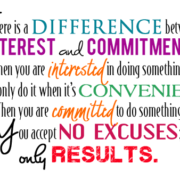
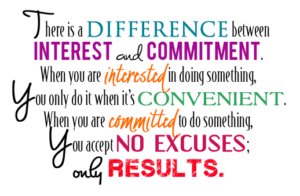 “There's a difference between interest and commitment. When you're interested in doing something, you do it only when time and circumstance permits. When you're committed to something, you accept no excuses; you take inspired action, and create miraculous results!” ― Art Turock
“There's a difference between interest and commitment. When you're interested in doing something, you do it only when time and circumstance permits. When you're committed to something, you accept no excuses; you take inspired action, and create miraculous results!” ― Art Turock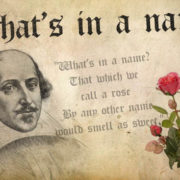
 Let’s dive a little deeper into the psychology of your resume and the effect of names, or in fact the words in general, that you put on it.
Let’s dive a little deeper into the psychology of your resume and the effect of names, or in fact the words in general, that you put on it.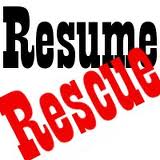

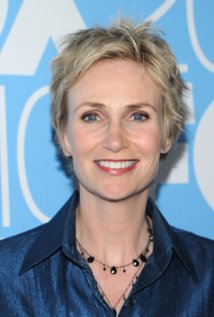
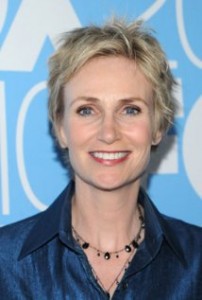
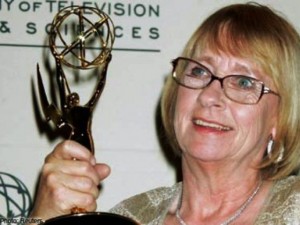
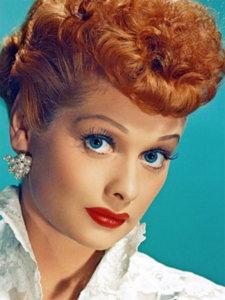 Lucille Ball was a pioneer for both female leads and for comedy after creating one of the most beloved sitcoms of all time, “I Love Lucy” in 1951. However, she didn't become Lucy Ricardo until she was 40. Before “I Love Lucy,” Ball went from role to role in films. However, once television became a prominent medium she (along with her husband and co-star Desi Arnaz) tried to sell her vaudeville act to networks. That act became the prototype for “I Love Lucy.””I Love Lucy” was a huge success, and would go on to help create the modern sitcom (the show was one of the first sitcoms in history to use the three-camera filming format which is standard in sitcoms today) while also making Ball a star.
Lucille Ball was a pioneer for both female leads and for comedy after creating one of the most beloved sitcoms of all time, “I Love Lucy” in 1951. However, she didn't become Lucy Ricardo until she was 40. Before “I Love Lucy,” Ball went from role to role in films. However, once television became a prominent medium she (along with her husband and co-star Desi Arnaz) tried to sell her vaudeville act to networks. That act became the prototype for “I Love Lucy.””I Love Lucy” was a huge success, and would go on to help create the modern sitcom (the show was one of the first sitcoms in history to use the three-camera filming format which is standard in sitcoms today) while also making Ball a star.